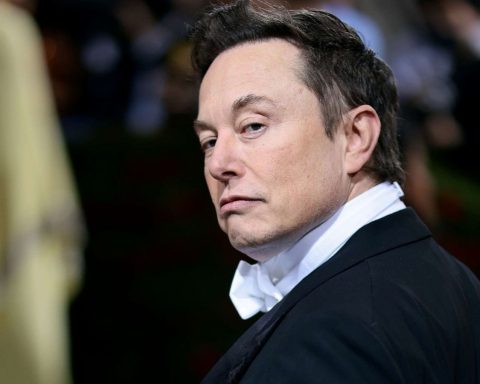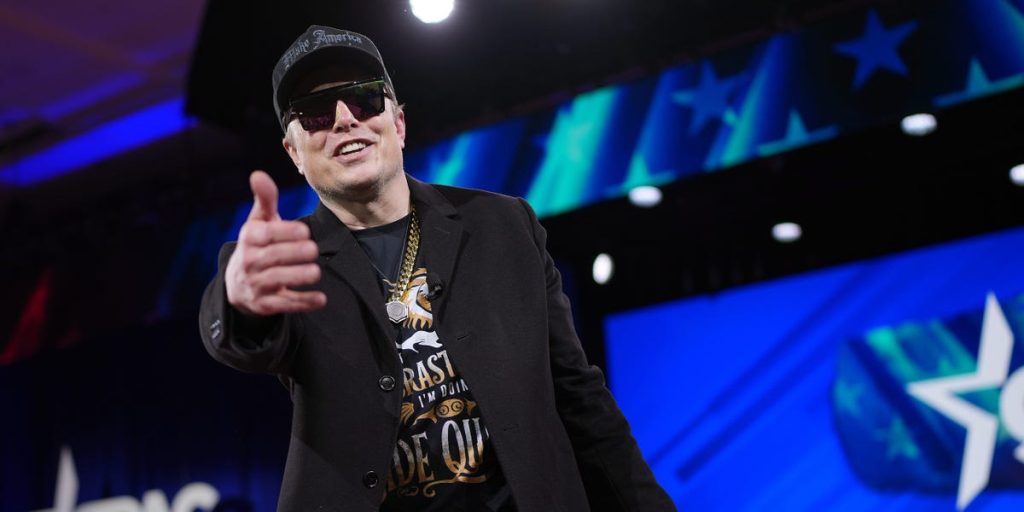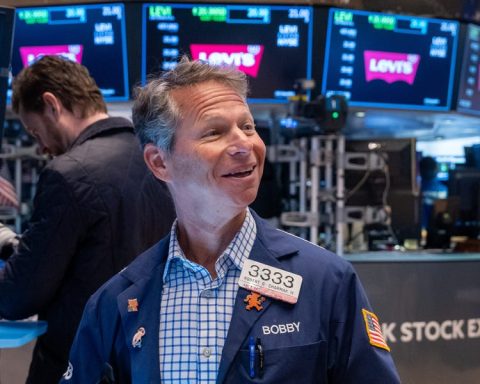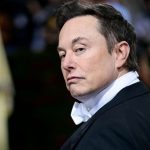Germany’s center-right Christian Democratic Union (CDU) celebrated a significant victory in the recent elections, as exit polls indicated that they secured the largest vote share. Meanwhile, the far-right Alternative for Germany (AfD) is poised to achieve unprecedented electoral success, in part due to endorsements from notable figures such as billionaire Elon Musk.
Key Facts:
In the German elections, voters did not directly choose the next chancellor but elected the Bundestag (parliament), which will determine the chancellor based on party representation. Early exit polls suggest the CDU—led by Friedrich Merz, the successor to former Chancellor Angela Merkel—could receive around 30% of the votes. Merz proclaimed, “We have won the Bundestag election,” acknowledging the responsibilities ahead. The AfD is projected to attain approximately 20% of the vote, marking a historic moment for the party as it gains traction, especially among younger voters. On the other end, the center-left Social Democratic Party (SDP), currently led by Olaf Scholz, is expected to finish in third place with about 16.5% of the votes, leading Scholz to concede defeat.
Why Are Germany’s Elections Important?
Germany’s elections are critical within the European Union context, given the country’s large population and its position as the EU’s economic powerhouse.
What To Watch For:
As results continue to be tabulated, the final election outcomes will clarify how closely they align with exit polls. The process of determining Germany’s next chancellor post-election could be prolonged, as it involves coalition negotiations among parties to achieve majority control.
How Do German Elections Work?
In Germany, the electoral process determines parliamentary composition but not the chancellor directly. Given the multiplicity of political parties, outright majorities are rare, compelling parties to form coalitions. Once a coalition is established, the president proposes a chancellor, who is then voted on by parliament. This entire process can extend over weeks or months.
Who Is Friedrich Merz?
Friedrich Merz, a conservative politician anticipated to become the next chancellor, has returned to politics following a corporate career. He has previously challenged Angela Merkel and holds more conservative views than her, particularly on immigration. Merz has faced criticism for endorsing an anti-immigration resolution with support from some AfD members, breaking a long-standing precedent of major parties not collaborating with the far-right party.
What Is AfD?
The AfD is recognized as Germany’s most right-leaning major party, despite its leadership asserting a position of being a “libertarian, conservative” group. Founded in 2013 initially as an anti-EU party, it has shifted to encompass a hardline immigration stance following Germany’s increased acceptance of migrants. Their candidate for chancellor, Alice Weidel, has gained popularity, particularly among younger voters, with the party leveraging platforms like TikTok for outreach.
Will AfD Help Lead Germany’s Government?
Despite the increased vote share for AfD, leaders like Merz have committed to not forming coalitions with them, implying AfD’s significant representation may not translate into government partnerships. AfD leaders have called for collaboration, asserting their electoral success grants them a mandate for political change.
What Have Elon Musk And The Trump Administration Said?
Elon Musk has publicly supported AfD, even making video appearances at rallies and praising the party leading up to the elections. He has been vocal about his endorsement on social media. Former President Trump also celebrated CDU’s victory, linking it to a broader rejection of what he termed a “no common sense agenda” in Germany.
Chief Critic:
Concerns regarding AfD’s electoral strength were voiced by figures such as Josef Schuster, head of Germany’s leading Jewish organization, emphasizing the troubling implications of a significant voter base supporting a party with extremist leanings.
Key Background:
The elections were called earlier than anticipated after Chancellor Scholz’s coalition government disintegrated last year amid internal conflicts and a finance minister’s dismissal. The rise of AfD reflects a broader trend of far-right populism gaining traction across various European nations.











